CI/CD for Data Pipelines: A Game-Changer with AnalyticsCreator
Continuous Integration and Continuous Delivery (CI/CD) for Data Pipelines: It is a Game-Changer with AnalyticsCreator!
The need for efficient and reliable data pipelines is paramount in data science and data engineering. This is where Continuous Integration and Continuous Delivery (CI/CD) come into play. CI/CD, a set of processes that help software development teams deliver code changes more frequently and reliably, is part of DevOps. It’s a software development approach where all developers work together on a shared repository of code. As changes are made, there are automated build processes for detecting code issues. The outcome is a faster development life cycle and a lower error rate.
CI/CD for Data Pipelines
Data pipelines provide consistency, reduce errors, and increase efficiency. They transform data into a consistent format for users to consume. Automated data pipelines eliminate human errors when manipulating data. Data professionals save time spent on data processing transformation. Saving time allows them to focus on their core job function – getting the insight out of the data and helping businesses make better decisions.
Enter AnalyticsCreator
AnalyticsCreator, a powerful tool for data management, brings a new level of efficiency and reliability to the CI/CD process. It offers full BI-Stack Automation, from source to data warehouse through to frontend. It supports a holistic data model, allowing for rapid prototyping of various models. It also supports a wide range of data warehouses, analytical databases, data lakes, frontends, and pipelines/ETL.
Key Features of AnalyticsCreator
- Holistic Data Model: AnalyticsCreator provides a complete view of the entire Data Model. This allows for rapid prototyping of various models.
- Automation: It offers full BI-Stack Automation, from source to data warehouse through to frontend. This includes the creation of SQL Code, DACPAC files, SSIS packages, Data Factory ARM templates, and XMLA files.
- Support for Various Data Warehouses and Databases: AnalyticsCreator supports MS SQL Server 2012-2022, Azure SQL Database, Azure Synapse Analytics dedicated, and more.
- Data Lakes: It supports MS Azure Blob Storage.
- Frontends: AnalyticsCreator supports Power BI, Qlik Sense, Tableau, PowerPivot (Excel).
- Pipelines/ETL: It supports SQL Server Integration Packages (SSIS), Azure Data Factory 2.0 pipelines, Azure Data Bricks.
- Deployment: AnalyticsCreator supports deployment through Visual Studio Solution (SSDT), Creation of DACPAC files, SSIS packages, Data Factory ARM templates, XMLA files.
- Modelling Approaches: It supports top-down modelling, bottom-up modelling, import from external modelling tool, Dimensional/Kimball, Data Vault 2.0, Mixed approach of DV 2.0 and Kimball, Inmon, 3NF, or any custom data model.
- Versioning: AnalyticsCreator maintains a version of history of metadata changes. Collaborators can track modifications, revert to presivous versions, and ensure data governance.
Conclusion
The integration of CI/CD in data pipelines, coupled with the power of AnalyticsCreator, can significantly enhance the efficiency and reliability of data management. It not only automates the testing, deployment, and monitoring of data pipelines but also ensures faster and more reliable updates. This is indeed a game-changer in the realm of data science.
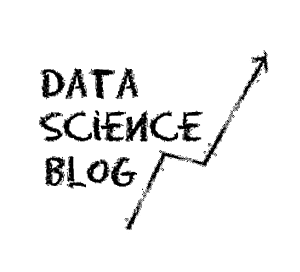
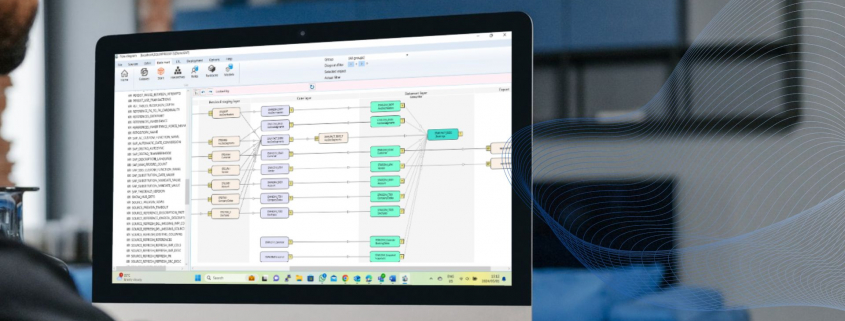
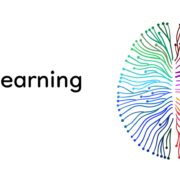

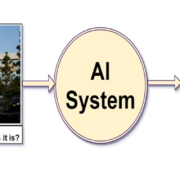
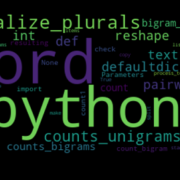



Leave a Reply
Want to join the discussion?Feel free to contribute!